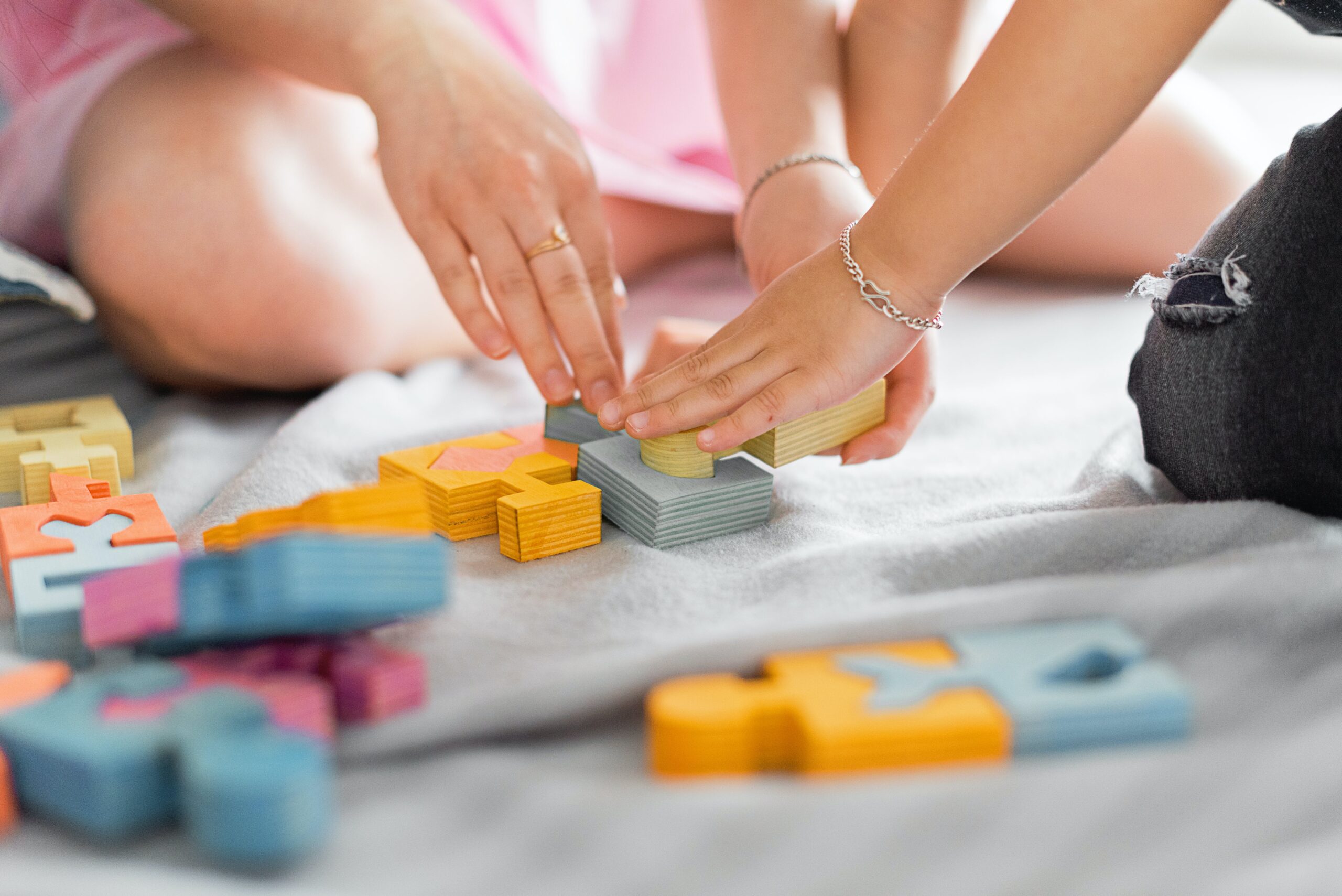In the journey of personal development, self-awareness stands as the cornerstone. It is the ability to introspect, understand one’s emotions, thoughts, and behaviors, and recognize how they impact oneself and others. As adults, fostering self-awareness in individuals, be it children, teenagers, or fellow adults, is a noble and impactful endeavor. In this blog, we explore the significance of self-awareness and provide insights on how adults can support and nurture it effectively.
The Significance of Self-Awareness: a. Understanding Emotions: – Emotion Identification: Encouraging individuals to recognize and label their emotions fosters a deeper understanding of themselves. – Emotional Intelligence: Emphasizing the importance of managing emotions constructively contributes to healthier relationships and personal well-being.
Thought Patterns and Beliefs: – Challenging Cognitive Distortions: Teaching the skill of identifying and challenging irrational thoughts enables individuals to develop a more realistic perspective on themselves and the world. – Core Belief Exploration: Guiding individuals to examine and reshape their core beliefs empowers them to build a more positive self-image.
Behavioral Awareness: – Actions and Consequences: Helping individuals connect their behaviors to outcomes promotes responsibility and accountability. – Mindful Decision-Making: Encouraging thoughtful consideration before making choices enhances self-control and fosters a sense of agency.
Encouraging Reflection and Mindfulness: a. Daily Journaling: – Cultivating the Habit: Suggesting the practice of journaling helps individuals reflect on their experiences, thoughts, and feelings regularly. – Promoting Growth Mindset: Guiding individuals to view challenges as opportunities for learning and growth enhances resilience and adaptability.
Mindfulness Practices: – Meditation and Breathing Exercises: Introducing mindfulness techniques aids in developing present-moment awareness and reducing stress. – Body Scan: Encouraging individuals to pay attention to physical sensations enhances their connection to the mind-body relationship.
Constructive Feedback and Open Communication: a. Honest Conversations: – Establishing Trust: Building a safe and trusting environment encourages individuals to openly share their thoughts and feelings. – Providing Constructive Feedback: Offering feedback in a supportive manner helps individuals gain insights into their strengths and areas for improvement.
Active Listening: – Validation and Empathy: Demonstrating genuine interest and empathy fosters a sense of being understood and accepted. – Reflective Listening: Encouraging individuals to reflect on their own words deepens their self-awareness and insight.
Modeling Self-Awareness: a. Leading by Example: – Personal Reflection: Sharing personal experiences of self-discovery and growth creates a relatable context for others. – Acknowledging Mistakes: Demonstrating humility and the ability to learn from mistakes sets a positive example for embracing imperfection.
In the tapestry of personal development, self-awareness serves as a thread that weaves through every aspect of an individual’s life. By actively supporting and nurturing self-awareness in those around us, adults can contribute to the creation of a more introspective, resilient, and empathetic society. The journey towards self-discovery is ongoing, and with the right guidance, individuals can unlock their true potential and lead fulfilling lives.

